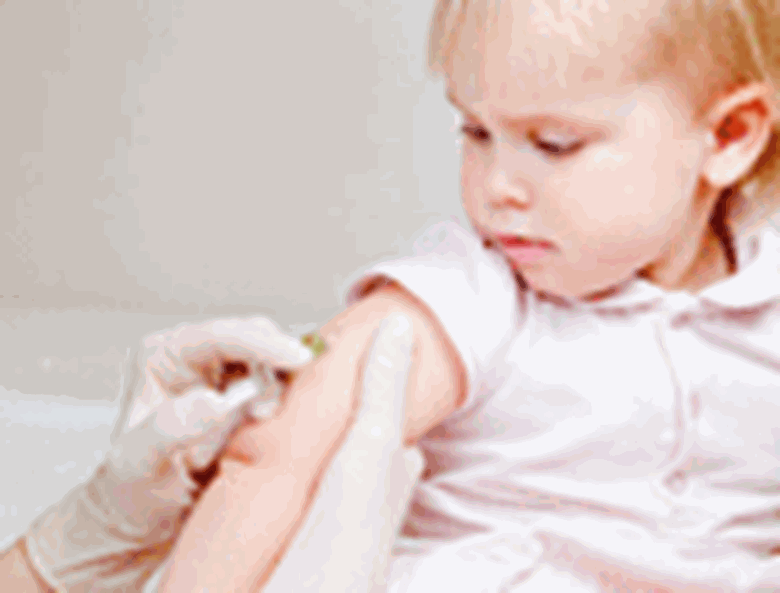A Unique Child: Health - A doctor's diary ... measles
Dr Raj Thakkar
Monday, November 14, 2011
'Doctor, I've heard that measles is on the increase and that it can be serious. Is that true?'

Measles is an infection that can have serious and, in some cases, life-threatening complications. Epidemiological data from the Health Protection Agency, which is the public health agency for the UK, showed there were 374 cases of measles in 2010, compared with 836 cases in England and Wales in the first half of 2011 alone. Anyone suspected of having measles should seek medical advice.
Caused by the rubeola virus, measles is very infectious and while any age group may be affected, the peak incidence is between one and four years of age.
The disease is transmitted from one person to another by coughing and sneezing as the virus is carried on water droplets. It may also be transmitted by coming into direct contact with the virus and transferring it from the hands to the mouth. The incubation period, that is, the period between exposure to the virus and the onset of symptoms, is around ten days.
SYMPTOMS
Fever, cold-like symptoms, spots in the mouth and red eyes are the presenting features, followed by the typical measles rash.
The fever may be high and exceed 40 degrees Celsius. Cold-like symptoms include a dry cough, sneezing, runny nose, muscle aches and low energy. The spots in the throat, which are not always visible, are known as Koplik spots. While the eyes may be sensitive to light, this symptom can also occur in more serious diseases such as meningitis.
The rash, which is described by the medical profession as a morbilliform rash, begins a few days after the symptoms begin. It starts behind the ears before spreading to the face, neck and then the limbs and trunk. The measles rash lasts around a week.
TREATMENT
There are no specific drugs available that will treat measles. As such, treatment is focused at reducing symptoms and preventing spread. Symptoms may be managed by giving the child paracetamol or ibuprofen if they are uncomfortable and ensuring that they drink enough water to prevent dehydration.
Measles is infectious from a few days before the rash starts to around five days after. Once a person is infected, it is important for them to stay indoors and use basic hygiene measures such as sneezing into a tissue and regular hand-washing.
Once somebody has had measles, it is rare for them to get it again, due to the immune system's memory. Complications of measles, however, may require treatment by a doctor and even admission to hospital.
COMPLICATIONS
Children particularly at risk of complications are those with poor immune systems. Most commonly, these will be children who are young or have been prescribed drugs such as steroids.
Complications of measles include dehydration, through vomiting and diarrhoea; middle ear infection, known as otitis media; and febrile seizures. Less common, but more serious complications include meningitis, which is an infection of the protective tissues of the brain; infection of the brain itself, which is known as encephalitis; infection of the liver, referred to as hepatitis; croup, and pneumonia.
The number of cells that help to form scabs, known as platelets, may fall due to measles infection and as such, affected children may bleed more readily than normal.
Rarely, measles may affect the heart. One in 100,000 cases will result in a condition called subacute sclerosing panencephalitis. This is a fatal brain disease that occurs years after the initial measles infection.
VACCINATION
Measles is a potentially serious condition that is easily preventable with the MMR vaccination. The vaccination stimulates the immune system to make antibodies against the measles virus, in much the same way as a previous infection protects people against future infections.
The MMR is usually given at 13 months of age and a booster is required before schooling. Unless there is a good clinical reason not to have the vaccination, given there is no proven link between MMR and autism, it is highly recommended. It is never too late to be vaccinated.
Measles is often considered a trivial infection and in most cases, children will recover fully. However, considering the potentially life-threatening complications of measles, it is a disease that should be taken seriously.
Dr Raj Thakkar BSc(Hons) MBBS MRCGP MRCP(UK) is a full-time GP in Buckinghamshire




